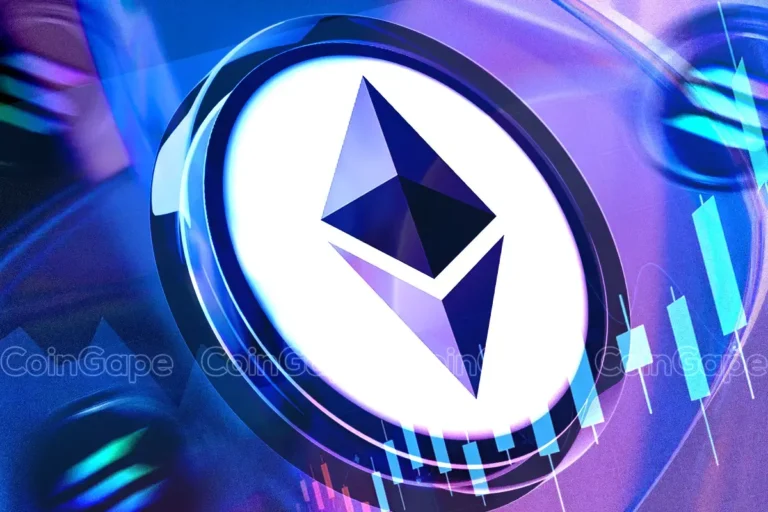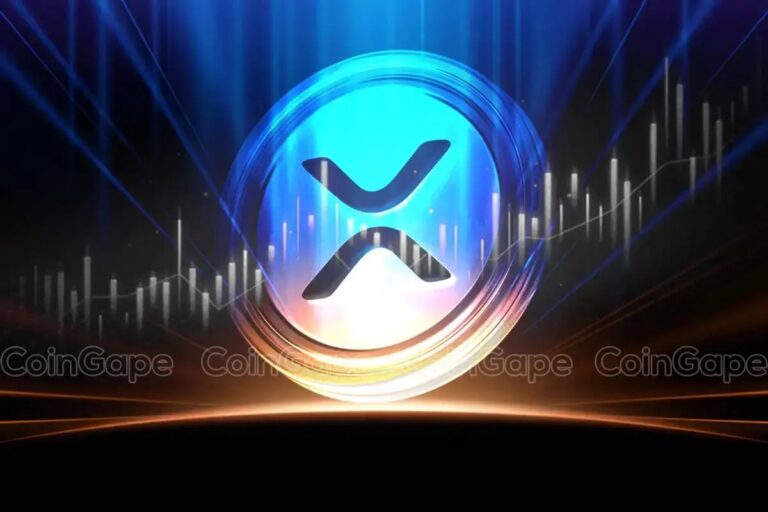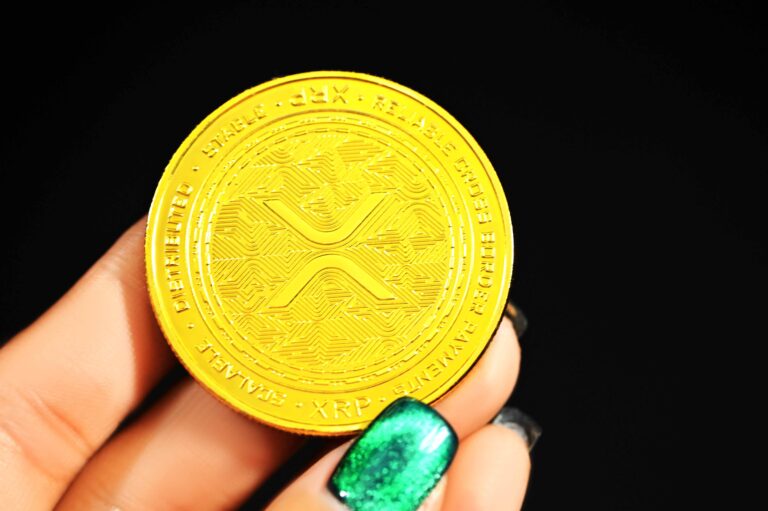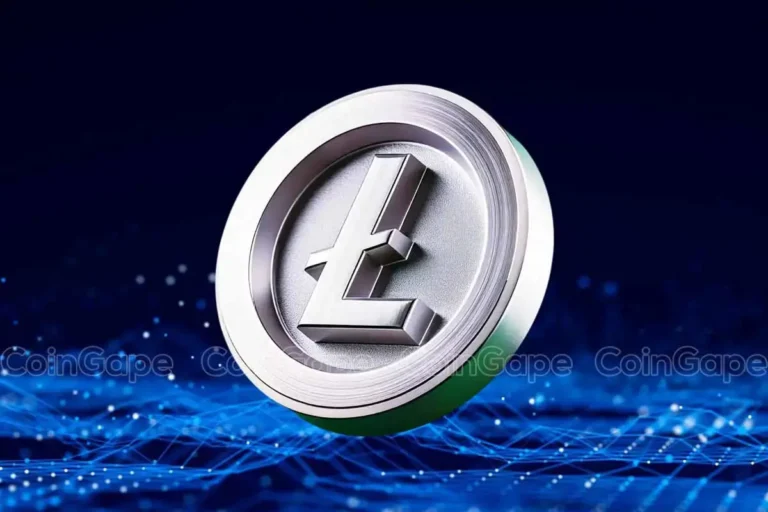From Solo to Collective: The Evolution of Bitcoin Mining through Mining Pools

- Bitcoin mining is the process of adding new transactions to the blockchain and creating new bitcoins.
- By working together in a pool, miners can solve complex mathematical problems more efficiently and earn a more consistent stream of BTC.
Bitcoin mining is the process of adding new transactions to the blockchain and creating new bitcoins. The process involves solving complex mathematical problems using specialized computer hardware, known as ASICs. This requires a significant amount of computational power and energy consumption.
Bitcoin mining was first introduced in 2009 by the anonymous creator, Satoshi Nakamoto. At the time, mining could be done using a personal computer. However, as the popularity of Bitcoin grew, the mining process became more complex and centralized, with large mining pools controlling the majority of the network’s hash rate.
Today, Bitcoin mining is a highly competitive and profitable industry, with miners constantly upgrading their hardware and seeking out cheap sources of electricity to maximize their profits. The process of mining has become a critical aspect of the Bitcoin ecosystem, ensuring the security and decentralization of the network.
Bitcoin Mining Pools Explained
By working together in a pool, miners can solve complex mathematical problems more efficiently and earn a more consistent stream of Bitcoin (BTC).
Each miner in the pool contributes computing power to the network and is awarded a portion of the block reward proportional to their contribution. This allows smaller miners to participate in the mining process and receive rewards without having to invest in expensive hardware.
Mining pools are managed by a pool operator who manages the pool’s software and infrastructure. The operator also collects fees from miners, usually a percentage of the block reward, to cover the pool’s operating expenses.
Joining a mining pool requires setting up an account with the pool, configuring mining software to connect to the pool, and providing a Bitcoin wallet address to receive rewards.
Mining pools play a critical role in the Bitcoin ecosystem, providing a way for individual miners to compete with larger mining operations and ensure the security and decentralization of the network.
Here are some common methods for sharing rewards (profits) in Bitcoin mining pools:
- Pay-per-share (PPS): In this method, the pool pays a fixed amount to miners for each share of the hash rate they contribute, regardless of whether the pool finds a block or not. This provides miners with a stable income, but the pool takes on the risk of not finding a block.
- Pay-per-last-N-shares (PPLNS): This method calculates the payout based on the number of shares a miner contributed to the pool over the last N rounds. The payout is proportional to the number of shares contributed, but it also depends on the pool’s luck in finding blocks.
- Full Pay-per-share (FPPS): This method is similar to PPS, but the pool takes into account the transaction fees from each block mined, and miners receive a share of the total revenue. This ensures that miners are compensated for the transaction fees, in addition to the block rewards.
- Proportional: This method pays out rewards based on the proportion of the hash rate a miner contributes to the pool. The payout is proportional to the amount of work done by the miner, but it also depends on the pool’s luck in finding blocks.
Each method has its advantages and disadvantages, and miners should choose a pool based on their preferences and mining strategy. It’s important to note that the pool’s fee structure should also be considered when choosing a pool, as this can affect the miner’s overall profitability.
Closing Words
In conclusion, Bitcoin mining pools have revolutionized the process of Bitcoin mining and made it more accessible to individual miners. By combining computational power, miners can compete with larger operations and earn a more stable income.
Understanding the different reward-sharing methods and choosing the right mining pool is crucial to success in the cryptocurrency space. The growth and success of mining pools are a testament to the innovative spirit of the cryptocurrency industry. As the industry continues to evolve and develop, mining pools are likely to remain a critical component of the Bitcoin network, driving innovation and collaboration among miners and operators alike.















+ There are no comments
Add yours